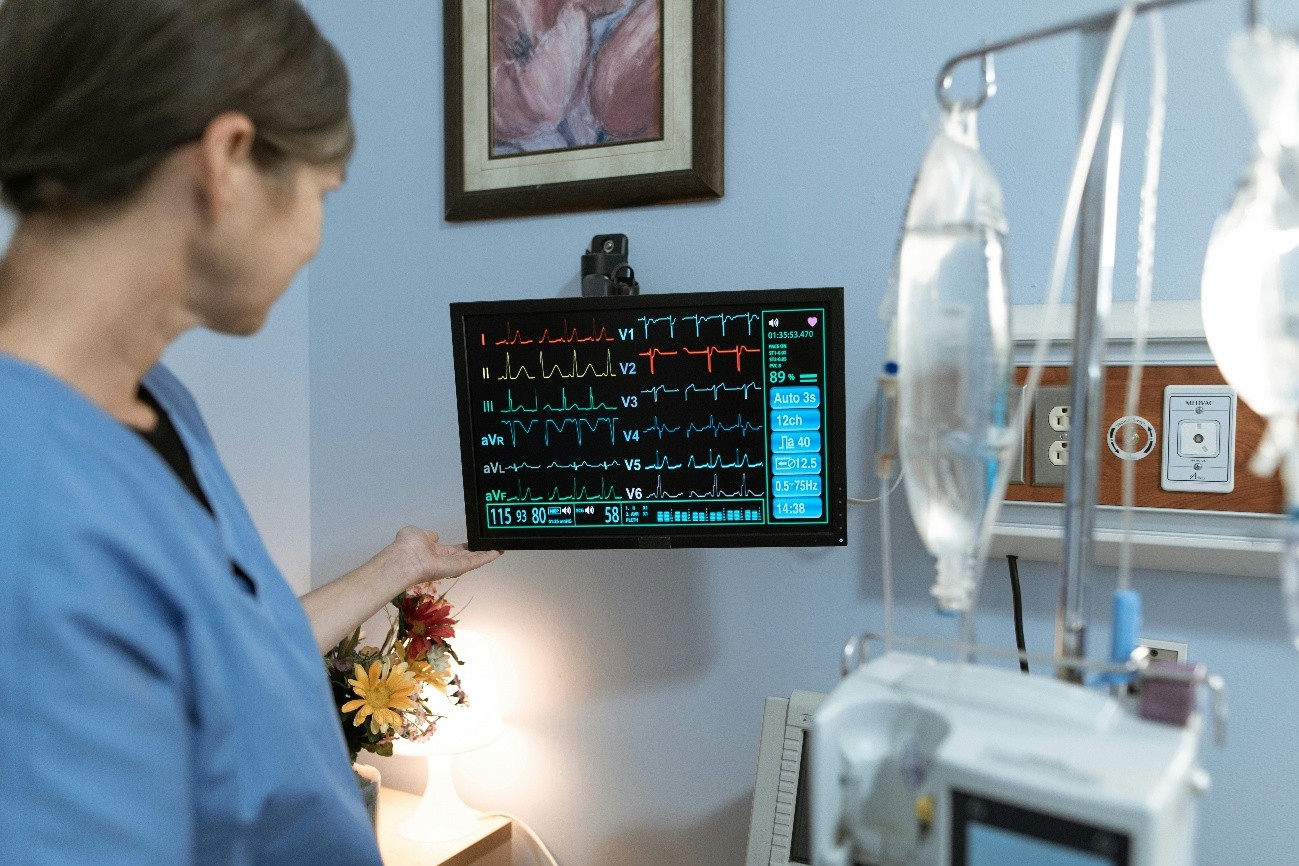News / RISE-Health Researcher Proposes New Diagnostic Techniques for Heart Failure
The proposals will improve the early diagnosis of heart disease.

A scientific study led by João Pedro Ferreira (RISE@RISE-Health/FMUP), a researcher at the RISE-Health Unit and the Faculty of Medicine of the University of Porto (FMUP), has identified potential new diagnostic mechanisms for heart failure (HF), a disease that affects around 700,000 Portuguese people.
According to the scientific article entitled “Screening for Undiagnosed Health Failure: A Viewpoint‘, due to ’the subjectivity of heart failure symptoms and the impracticality of performing walking tests on all patients, easier, more inclusive and generalisable strategies are needed‘, thus addressing the impact of the disease, whose ’survival rates have not improved substantially in the last two decades”.
According to the RISE-Health specialist, this is because, among other factors, ‘complementary tests, such as echocardiograms, are not standardised and, therefore, there is great variability in the reports, which can leave the clinician seeing the patient with doubts’, clarifying that this factor, together with the practice of physical exercise – such as walking – by patients, leads to ‘underdiagnosis and, consequently, undertreatment.’
“We propose a much simpler, more inclusive and generalisable approach that consists of looking for criteria for starting prognosis-modifying therapy. In this context, SGLT2 inhibitors are pillars in the treatment of heart failure, diabetes mellitus, and chronic kidney disease with and without diabetes. Therefore, anyone with suspected heart failure, a diagnosis of diabetes mellitus and/or chronic kidney disease should receive treatment with these inhibitors. The diagnostic approach should then continue for a period of 3 to 6 months, ensuring that treatment is not delayed during further investigations, after which other treatments or interventions may be indicated. This approach would enable better treatment for millions of people worldwide, potentially reducing hospitalisations, mortality and healthcare costs,” explains João Pedro Ferreira.
In the article, the authors also highlight the role that Artificial Intelligence could play in streamlining the use of electrocardiograms in primary health care. “Artificial Intelligence will completely change the paradigm of the approach to heart failure because it will enable the acquisition of images, such as echocardiograms, guided by real-time reports and predictions of different types of heart failure based on an electrocardiogram, which is a low-cost test,‘ they concluded, adding that this technology will ’allow patients to be monitored outside the hospital environment.”
The article ‘Screening for Undiagnosed Health Failure: A Viewpoint’, published in the Journal of Cardiac Failure, was led by João Pedro Ferreira (RISE@RISE-Health/FMUP) and co-authored by Faiez Zannad, a researcher at the University of Nancy.